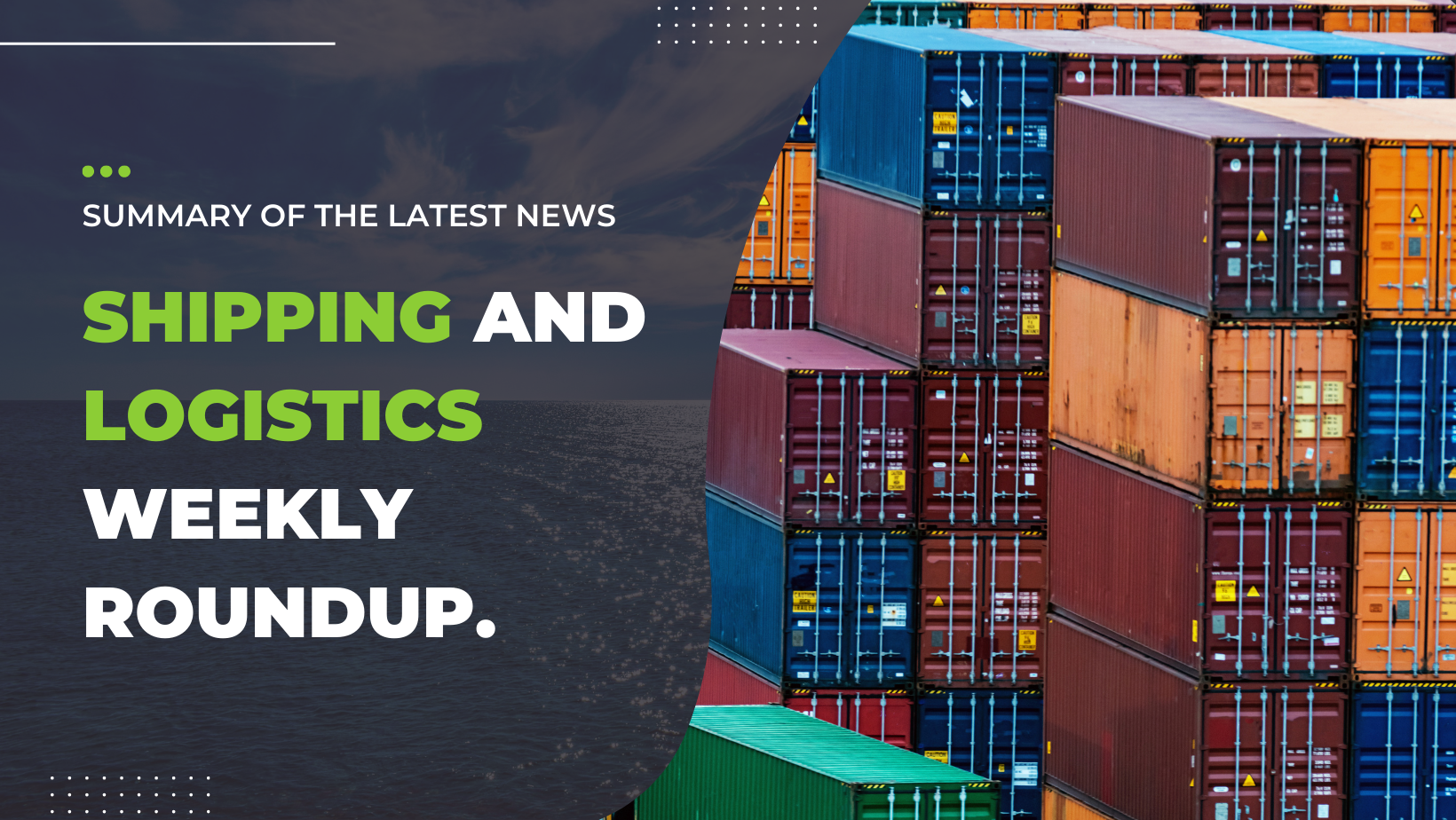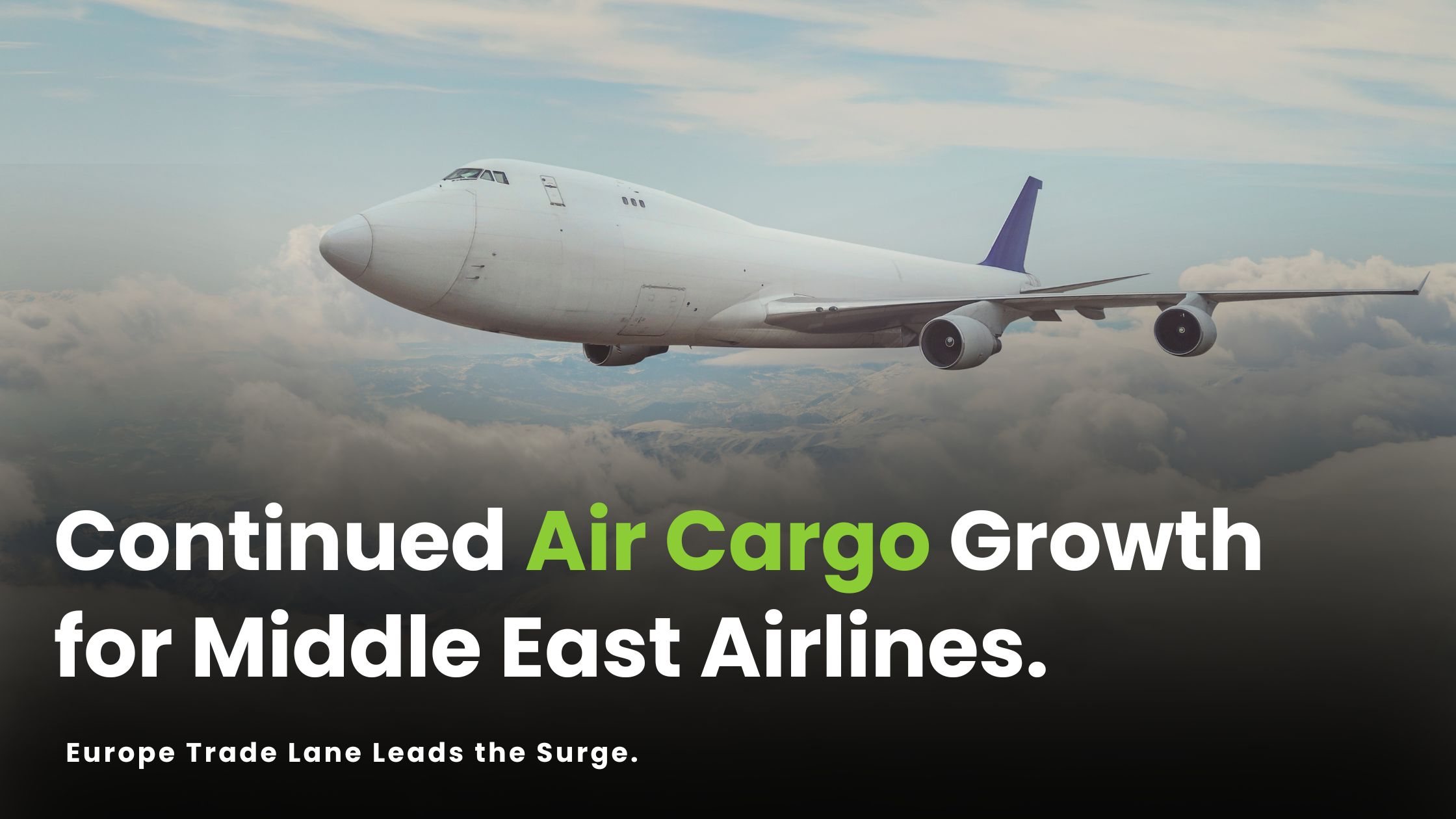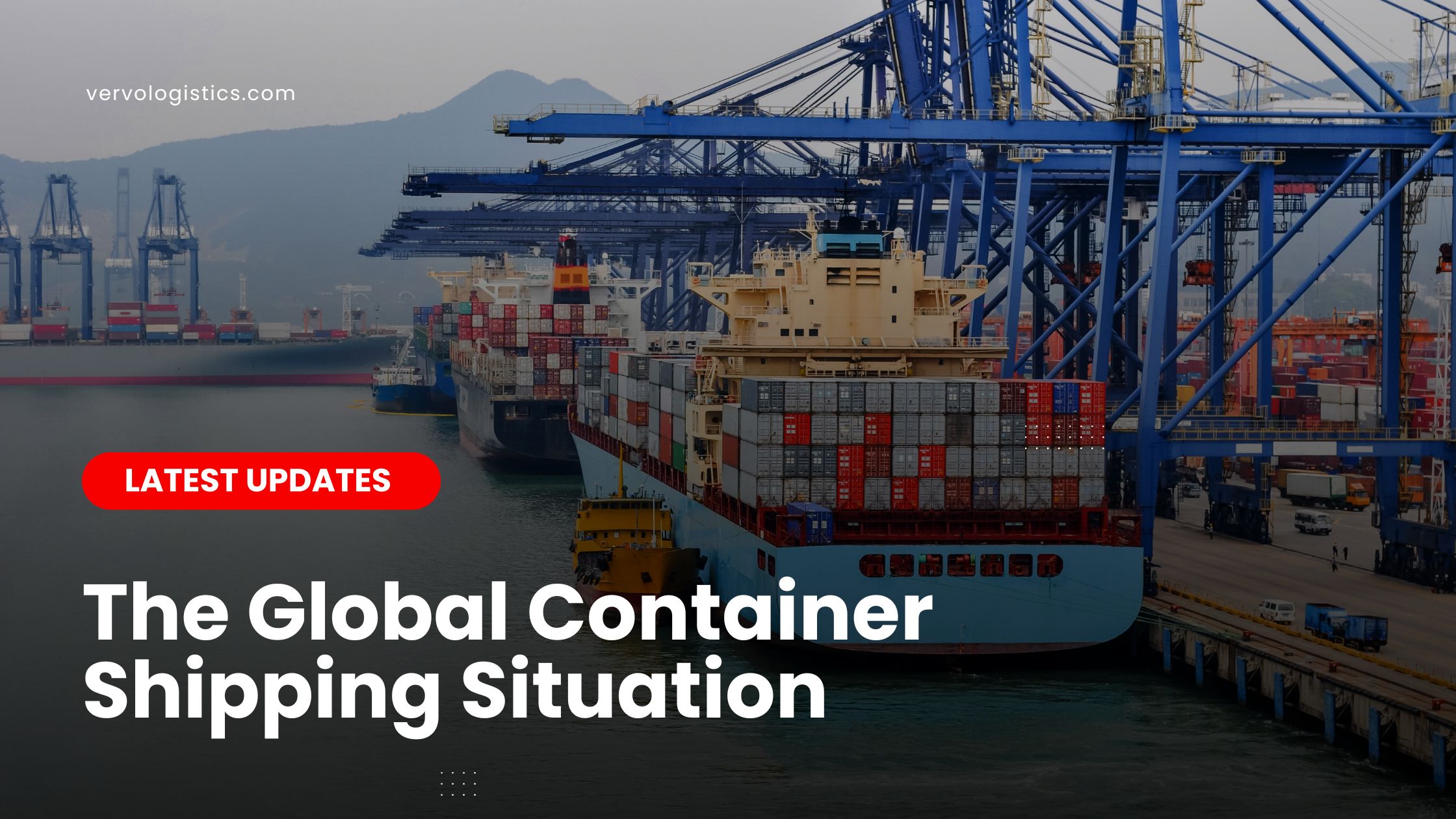The past week brought several major developments across the shipping and logistics sector in the UAE, Gulf region, and beyond. From new trade partnerships to rebounds in key hubs, the headlines signal both opportunities and optimism on the horizon. In this weekly industry roundup, we take a close look at the stories shaping regional maritime flows and what they could mean for the future of the logistics sector.
1. South Korea Secures More Gulf Crude Volumes Despite OPEC Cuts
Unfazed by OPEC supply cuts, South Korea is doubling down on its longtime Gulf crude suppliers, with shipments steadily rising from Saudi Arabia, the UAE and Qatar. As geopolitical tensions roil oil markets, Seoul is relying on its strong trade ties and energetic diplomacy to ensure smooth energy flows. From inking new Saudi oil storage deals to advancing a free trade pact with the Gulf Cooperation Council, South Korea is taking an active role to cement its status as a vital export destination for the region's petro-powers. With refiners successfully securing ample contract volumes, these efforts look set to keep crude pumping from the Gulf to Northeast Asia's oil-thirsty economies.
The numbers speak for themselves. South Korea imported 30.5 million barrels of Saudi crude in September, up 2.3% year-on-year. Shipments from the UAE jumped 45% to 12.2 million barrels, while Qatari crude deliveries nearly doubled to 6 million barrels. For the first nine months of 2022, South Korean imports were up 1% from Saudi Arabia, 24% from the UAE, and 51% from Qatar compared to 2021. With major refiners like SK Innovation and GS Caltex consistently securing full contract volumes, Seoul sees no cause for concern. The 5.3 million barrels to be stored at Korea National Oil Corporation's Ulsan base under the new Saudi deal provide further supply insurance. As trade with its trusted Gulf partners continues to expand, South Korea seems well-positioned to meet demand despite market instability.
2. Shipping Revival: Fujairah Bunkering Bounces Back After Summer Slump
The Middle East's key refueling hub saw marine fuel sales rebound 4% in October after hitting a three-month low in September. The uptick hints at improving sentiment as freight rates strengthen amid robust oil demand and geopolitical tensions.
Sales reached 654,153 cubic meters, just slightly below 2021 levels. The share of lower-sulfur fuels rose to 75% as environmental rules bite. While high-sulfur volumes declined, increased overall activity suggests Fujairah remains pivotal to regional shipping.
The numbers provide cautious optimism for the maritime sector as vessels stock up on cheaper fuel ahead of a potential demand rebound. After a rocky summer, Fujairah seems to be regaining its mojo as a bellwether for Middle East shipping and energy flows.
3. Saudi Arabia Sets Sights on Caribbean Investment Partnerships
A high-level Saudi delegation explored opportunities at an inaugural summit with the 15-nation Caribbean Community (CARICOM). Saudi ministers and companies like Aramco, SABIC, and the Public Investment Fund discussed partnerships in tourism, energy, infrastructure, and beyond.
The talks highlight the Kingdom's strategy of building ties and diversifying investments globally. Saudi development funds have already provided CARICOM nations with $670 million for projects. New deals were inked to support sectors from electricity to disaster recovery.
Direct air links are also being weighed to boost travel and trade. With idyllic beaches and strategic shipping lanes, Saudi leaders called the Caribbean "a high-priority economic investment" target. CARICOM heads welcomed the potential deals as key to developing their economies.
As Saudi Arabia transforms under Vision 2030, it is keen to tap new markets and expertise worldwide. This summit ushered in a "new chapter" of South-South cooperation, participants said.
4. DP World Gains Global Recognition For Pioneering Port Services
In a striking recognition of regional prowess in the marine port services sector, the UAE's port operator, Dubai-based DP World Limited, has been featured as a principal key player in the latest global report by Fortune Business Insights™. As the industry is forecasted to grow from a 2022 valuation of USD 85.72 billion to USD 121.61 billion by 2030, DP World's prominence underscores the United Arab Emirates' influential role in shaping the maritime logistics landscape up to 2030. This acknowledgement highlights the UAE's strategic positioning and robust contribution to the global marine port services market, driven by the visionary initiatives and infrastructural advancements of companies like DP World.
This week's top stories showcase the UAE's pivotal hub status while highlighting expanding ties across emerging regional trade networks. As Saudi Arabia builds new South-South cooperation and South Korea leverages its Gulf energy relationships, the potential grows for the UAE to connect more global markets. Though uncertainties persist in the broader industry, rebounds in key maritime sectors like Fujairah bunkering offer some positive signs. By maintaining this proactive and collaborative spirit, the UAE can fulfill its ambitions as a lynchpin not just for Gulf trade but for wider Asian and global exchanges.



 by vervo middle east for shipping and logisitcs services in the uae and ksa shipping company logistics solutions cargo services.jpg)
